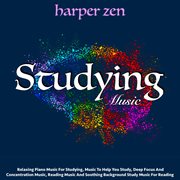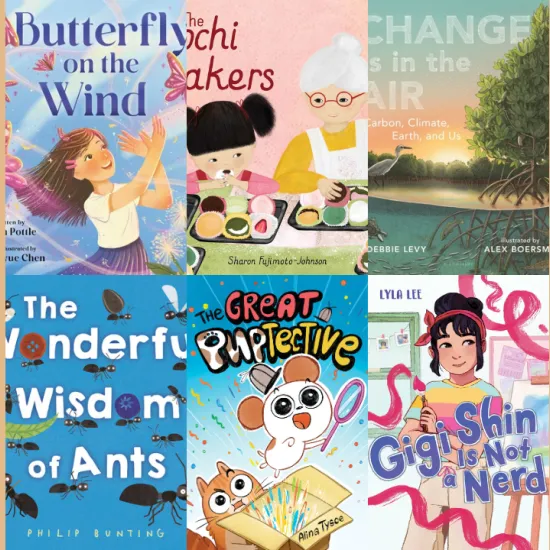- Amy A.
- Monday, October 18, 2021
Do you have an all-time greatest hits list in your mind? Are there any melodies that when you hear them, they energize or calm you, or fill you with nostalgia?
I grew up listening to my dad playing electric bass to his favorite music on the stereo, late in the evening after getting off work. As a kid, I'd be lulled to sleep with the beat and the deep harmonies of the bass line. The sound of my dad's playing made me feel both cozy and safe. One of his favorites to play to was Willie Nelson. As a kid, country music was not my favorite, and so I'd moan to myself "not again". But now. Now that my dad's gone. Anytime I hear a Willie Nelson song, I hear my dad in the bass line. It makes me so happy and so sad all at the same time.
The power of music over the human spirit, the human heart, the human psyche is indisputable.
We know that listening to music can calm our nerves, it can inspire us to keep at it in a challenging workout or in challenging times. A song from the past can elicit a rush of long forgotten feelings - happy, sad, nostalgic. And there are some songs or beats that when we hear them – it’s almost impossible to NOT start dancing. If you like to dance, you know what I’m talking about.
Countless books are out there - about the power of music. Countless studies have been done on its actual physical affects on our brains and our brain chemistries. We haven’t even mentioned yet, the effects of making music. Whether singing silly songs or beating out rhythms or playing a musical instrument (even badly), the experience of doing this can be comforting or energizing or cathartic. The experience of making music with a friend or a group - making rhythms, or singing songs together, in sync with each other, provides a special kind of joy and bonding that can’t be found in any other artistic way – besides maybe dancing.
Think about a time when you were a part of a group creating some sort of music or rhythms together. Unless it was a scenario in which you weren’t doing it by choice or were being tested, it is likely that your memories offer a feeling of fun, of bonding, of relaxing into a shared experience with your fellow music makers. I’m willing to bet thinking about this leaves you feeling just a tiny bit happier than you felt a moment ago.
I challenge you to bring music more fully into your daily life if it isn’t already. Sing or hum an old song you’ve always loved to yourself. Who cares if you can’t find the right pitch. It’s the act of singing that might just tap you into a quiet little vein of joy coursing through your heart. Tap out some rhythms until you get into a groove and don’t want to stop. Think of a melody or a theme from a movie you remember and hum it or doo-dah it … under your breath and get louder until you can feel it…
Feeling maybe a tiny bit invigorated or a little “lightened”? Have a look at this...
Bob Marley Unites Humanity in World's Biggest Sing-Along...
Are you thinking about your own all-time favorites? Perhaps you would enjoy exploring Freegal where you can stream music and videos freely, create playlists, download a certain number of songs and music videos a week - and keep them. Compliments of Richland Library.
The library partners with Freegal, a downloadable music service, like iTunes. All you need is your library card number and PIN. Freegal offers access to the entire Sony Music Entertainment Catalog. With Freegal you have access to hundreds of thousands of songs, over one hundred genres of music, and more than fifty record labels, all without having to download special software or to deal with digital rights management (DRM) issues.
Perhaps you'd enjoy digging a little deeper into thoughts about music and you - and its role in your daily life and in your happiness? Have a look. Maybe you'll find something that will bring you your next lovely ah-ha moment...

Alive Inside
Alive Inside - a Story of Music and Memory.
Cognitive Benefits of Musical Training.
Music and the Brain Series.

Musical Minds
Neurological Effects of Hearing Music.
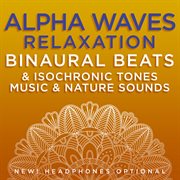
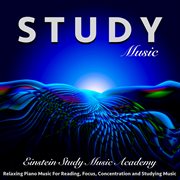

Alzheimers, Dementia and the Healing Power of Music. Singalong Therapy (A Workbook

The Universal Sense
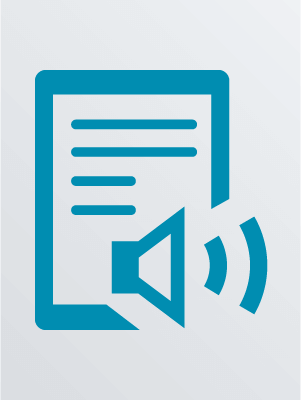
Successful Aging

Successful Aging

Successful Aging

Successful Aging


Successful Aging

Successful Aging

7 Keys to Serenity. Creating Harmony Within


The Musician's Brain. Does It Recover from Trauma Better Than Others?
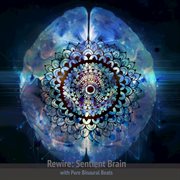

Zen Teen



Musicophilia

Stress-Proof

Stress-Proof

Stress-proof
